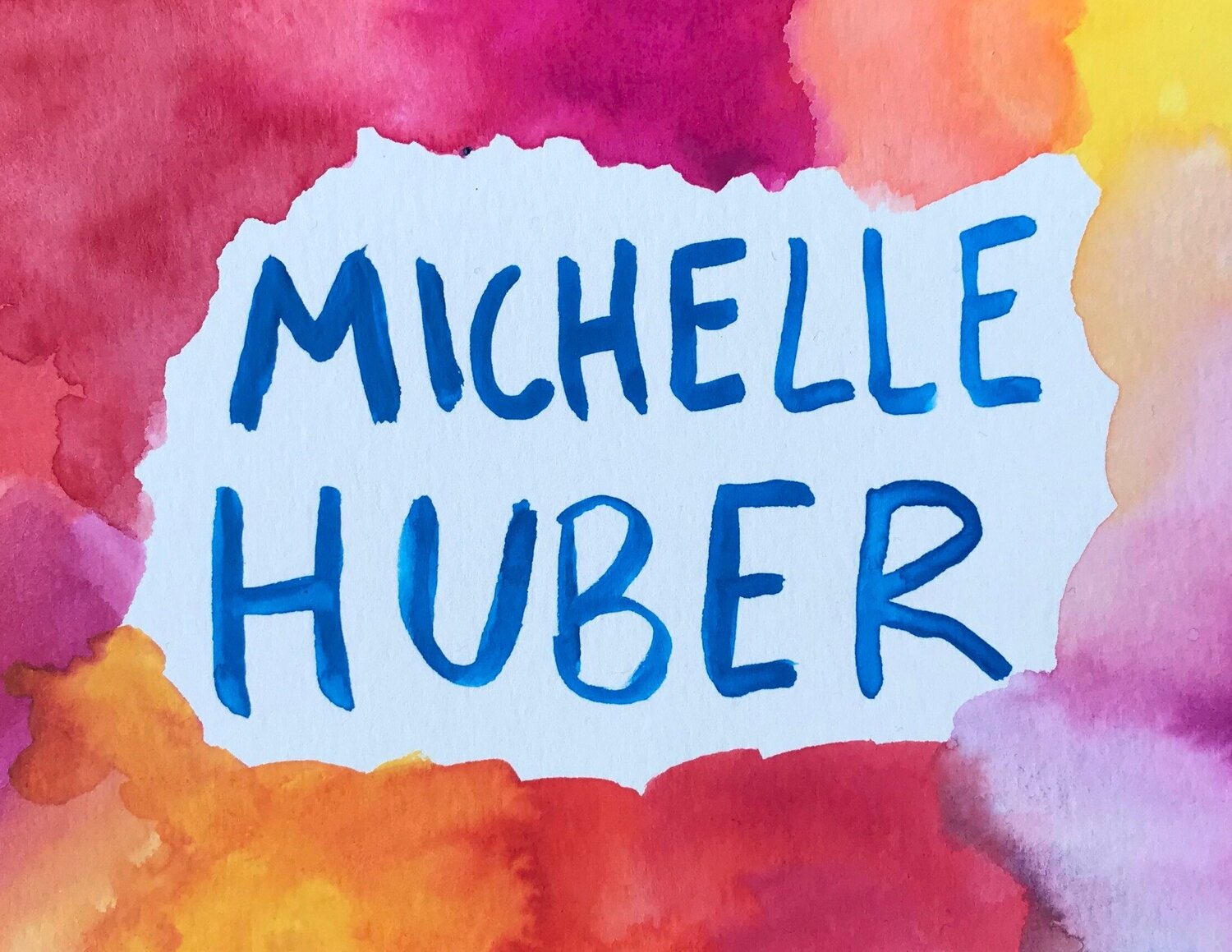Feldenkrais
What are the benefits of Feldenkrais?
To expand your potential
To increase creativity
To increase mobility and ease in movement
To slow down and ground
To decrease pain
To regulate and balance your nervous system
To support healing trauma
To increase self-awareness, therefore decreasing the harm that you may cause
To Support Overall Well-Being
Explore shifting your habits through ease and slowing down:
About Feldenkrais:
Feldenkrais is an embodied learning practice of slowing down and experiencing how you move. In a movement or hands-on lesson we combine our own curiosity and awareness with Moshe Feldenkrais’ profound knowledge of coordination and developmental movement patterns.
It’s a practice of decreasing doing and increasing awareness, which often has positive benefits of decreased pain and increased choice, which ripples out into your life. Movement is the language of the nervous system. Through the practice we tap into the neuroplasticity of the brain to infinitely improve. The practice unleashes human potential through a gentle unwinding of holding patterns.
In many mindfulness practices we use the mind to improve the body, in Feldenkrais we use movement to improve the mind. It’s magic! And scientific!
Neuroplasticity - You can change your brain!
Science research shows that throughout our entire lifespan the brain has the capacity to grow and change through forming new neural networks and pathways. Feldenkrais supports this process by creating opportunities for the brain to learn new habits, orient towards ease instead of stress, and move with more coordination.
4 Layers of Benefits from Feldenkrais Method®:
Mindfulness & self-awareness – quieting the mind, focus on the present moment, becoming more aware in day-to-day life
Safety & Ease – giving the brain signals of safety regulates the nervous system, soothes anxiety and re-wires neural pathways to orient away from vigilance
Movement Improvement – becoming better organized, learning to use the body more efficiently with less holding & tension
Expanding Self-Image – knowing more of yourself, expanding your potential, breaking out of useless habits, movement as metaphor
Testimonials for the Feldenkrais Method®:
“[The work of] Feldenkrais represents a revolution in human health.”
—Smithsonian Magazine
“Following the program with Feldenkrais®, patients showed significant improvement in their levels of pain, decreased medication and increased quality of life.”
—American Journal of Pain Management
Awareness through Movement® Classes
In these lessons, students are guided to move with curiosity and awareness. There is no technique, or movement goal, rather we are in a learning process together. Students notice how they’re moving in order to uncover habits, release tension and become more self-aware. ATM lessons are supportive to increase your creativity, ease, efficiency as well as decreasing pain and anxiety. See class schedule here
“Michelle’s warm, kind manner, precise and thorough instructions, and unfailingly encouraging attitude have brought me on a healing journey with Feldenkrais for which I am deeply grateful.”— Kamas Choi, Feldenkrais student
Functional Integration Hands on Lessons
In an FI lesson, students can bring a particular curiosity or interest to explore together. Lessons include a mix of touch and guided movements. As a Feldenkrais practitioner I am not trying to change or fix your patterns, rather join you exactly as you are. Through this process, an incredible paradox emerges, that in being accepted, the nervous system allows for change and learns to let go. Learn more about 1-on-1 sessions here.
“In order to change our mode of action, we must change the image of ourselves that we carry within us.” -Moshe Feldenkrais

Photo Credits: Eve Boltax, Melissa McClung, International Feldenkrais Federation, and art by Michelle Huber.








